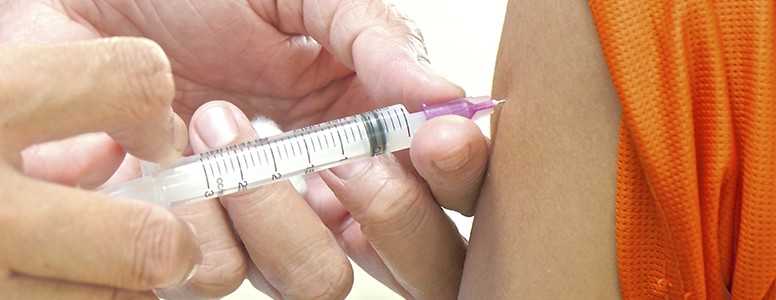Research into how the immune system responds to a certain virus could help in the hunt for ways to prevent type 1 diabetes.
King’s College London scientists have identified that immune cells recognise multiple virus parts when responding to a coxsackie B virus infection. Known as CBV, the virus has been linked to the onset of type 1 diabetes.
Coxsackie B is a group of six pathogenic enteroviruses which trigger illnesses ranging from gastrointestinal distress to myocarditis, an inflammation of the heart muscle.
This study involved using sophisticated computer software to forecast which parts of the virus were identified and attacked by the immune system.
The results were then compared with how the immune cells of people with type 1 diabetes reacted to a CBV infection. The reaction of immune cells from people without the condition were also examined.
The findings revealed that immune cells could bind to eight parts of the virus and analysis showed that the immune cells would likely recognise multiple aspects of the virus. They also found no difference in the reaction of the immune cells of those with and without type 1 diabetes.
Charity JDRF believes the findings could help towards a vaccine against CBV. A JDRF spokesperson said: “Researchers have for some time suspected CBVs of playing a role in triggering or exacerbating type 1 diabetes. What remains unclear however is how exactly CBVs could be doing this.
“If we can work out how the body responds to a CBV infection, we may be able to design vaccines and treatments to protect against CBVs, and potentially protect some people from ever developing type 1 diabetes. The researchers therefore wanted to investigate how certain types of immune cells respond to a CBV infection.”
Now the scientists aim to carry out more research with larger numbers of participants and also in children. Additionally, they want to study those just diagnosed with type 1 diabetes.
The research was published by the PLOS One journal.
What's new on the forum? ⭐️
Get our free newsletters
Stay up to date with the latest news, research and breakthroughs.








